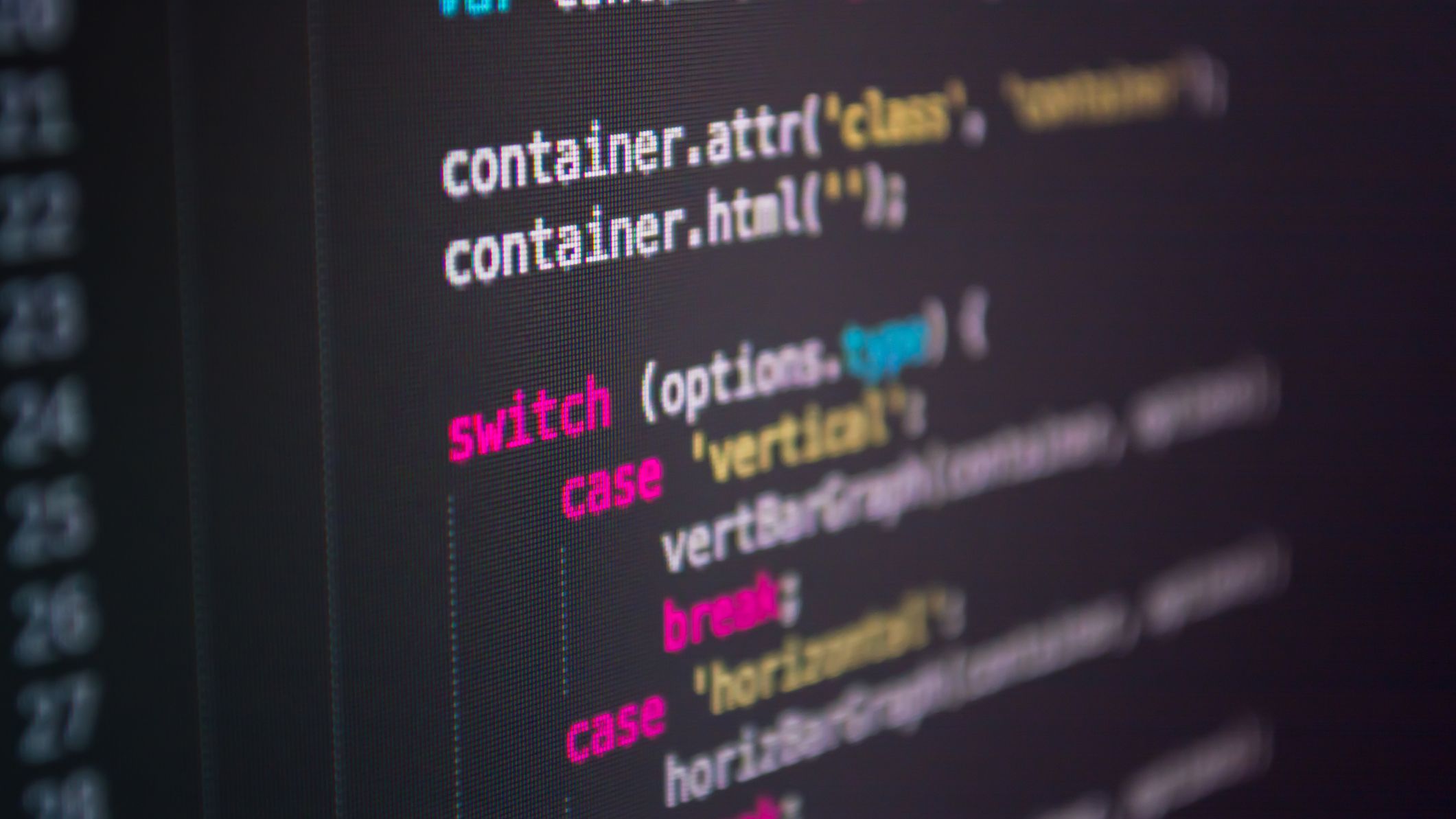Snowden: Just 10% of NSA data is terrorism-related
New documents released by Edward Snowden reveal that only 10 per cent of the NSA’s collected data pertains to possible illegal activity

New releases from whistleblower Edward Snowden have revealed that only 10 per cent of all communications data collected by the NSA came from the agency's targets.
The documents released by Snowden included 160,000 email and instant messaging conversations, as well as 7,900 files ripped from more than 11,000 online accounts. All of the info was collected during the NSA's highly controversial PRISM and Upstream projects.
According to analysis conducted by The Washington Post, nearly half of all the files contained details belonging to US citizens which had been "minimised" due to lack of a security threat.
A significant majority of the remaining 50 per cent were foreigners with no links to terrorist or criminal activities, such as tourists and visitors on business.
Among the documents that it pinched, the NSA found revelations about an overseas nuclear project, the military secrets of a foreign power and the identities of aggressive intruders into US computer networks, according to The Post.
Despite this, a far larger number of discoveries included the details of ordinary people's lives. Among them were divorce proceedings, tax documents, political and religious conversations and other private communications.
There are rules in place for most government agencies in the US when they intend to hack into someone's private life. Taps that are installed into phones by the FBI, for example, are switched off when a wife or child uses it.
Get the ITPro daily newsletter
Sign up today and you will receive a free copy of our Future Focus 2025 report - the leading guidance on AI, cybersecurity and other IT challenges as per 700+ senior executives
The NSA, however, dredged up the names and details of every person in a chatroom their target entered. This included those who were logged into the room by default for just visiting the website.
According to a former agency analyst that spoke to the publication, the NSA taught their staff that only "reasonable belief" a target was foreign would be enough to justify spying on them.
Often people would be targeted for writing their emails or communications in a foreign language, despite millions of Americans not having English as their primary dialect, the documents detail.
The NSA would then push the boundaries outwards, so that every friend of a "foreigner" was guilty by association and warranted surveillance.
-
 Cleo attack victim list grows as Hertz confirms customer data stolen
Cleo attack victim list grows as Hertz confirms customer data stolenNews Hertz has confirmed it suffered a data breach as a result of the Cleo zero-day vulnerability in late 2024, with the car rental giant warning that customer data was stolen.
By Ross Kelly
-
 Lateral moves in tech: Why leaders should support employee mobility
Lateral moves in tech: Why leaders should support employee mobilityIn-depth Encouraging staff to switch roles can have long-term benefits for skills in the tech sector
By Keri Allan
-
 Hackers are lying low in networks to wage critical infrastructure attacks - here’s how they do it
Hackers are lying low in networks to wage critical infrastructure attacks - here’s how they do itNews Hackers are researching key IT workers in their bid to gain access to vital systems
By Steve Ranger
-
 ASUS, Cisco, Netgear devices exploited in ongoing Chinese hacking campaign
ASUS, Cisco, Netgear devices exploited in ongoing Chinese hacking campaignNews Critical national infrastructure is the target of sustained attempts from state-sponsored hackers, according to Five Eyes advisories
By Ross Kelly
-
 Capita tells pension provider to 'assume' nearly 500,000 customers' data stolen
Capita tells pension provider to 'assume' nearly 500,000 customers' data stolenCapita told the pension provider to “work on the assumption” that data had been stolen
By Ross Kelly
-
 US reveals bespoke tool that took down Russian malware operation
US reveals bespoke tool that took down Russian malware operationNews Snake had been used to steal NATO countries’ data for 20 years
By Rory Bathgate
-
 Move away from memory-unsafe languages like C and C++, NSA urges
Move away from memory-unsafe languages like C and C++, NSA urgesNews The US agency advises organisations to begin using languages like Rust, Java, and Swift
By Zach Marzouk
-
 US gov issues fresh warning over Russian threat to critical infrastructure
US gov issues fresh warning over Russian threat to critical infrastructureNews The FBI, NSA and CISA have urged network defenders to be on "heightened alert" for Russian cyber attacks
By Connor Jones
-
 Gumtree site code made personal data of users and sellers publicly accessible
Gumtree site code made personal data of users and sellers publicly accessibleNews Anyone could scan the website's HTML code to reveal personal information belonging to users of the popular second-hand classified adverts website
By Connor Jones
-
 Pizza chain exposed 100,000 employees' Social Security numbers
Pizza chain exposed 100,000 employees' Social Security numbersNews Former and current staff at California Pizza Kitchen potentially burned by hackers
By Danny Bradbury